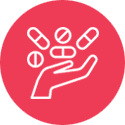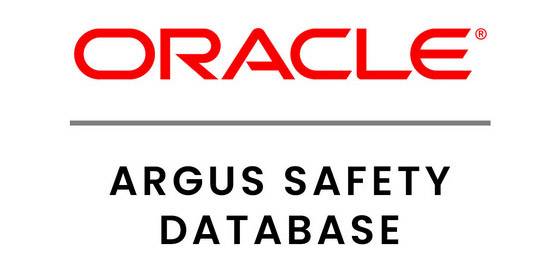Aggregate Reporting
Learn to create reports in the world’s most relied-upon aggregate reporting formats and provide a broader view of the safety profile of a drug.
OVERVIEW
 Why Aggregate Reporting
Why Aggregate Reporting
Aggregate reporting involves compiling safety data for a drug over a prolonged period (months or years). The periodic reports play an essential role in the risk-benefit evaluation of the drug and involve collective analysis of cases in the database, monitoring regulatory actions, literature searches, etc.
 In This Course
In This Course
Learn how to create Periodic Safety Update Reports – now known as the Periodic Benefit-Risk Evaluation Report, Preapproval Reports including IND Annual Reports and Annual Safety Reports, and Post-approval Periodic Adverse Experience Reports.
 The Sollers Advantage
The Sollers Advantage
The Aggregate Reporting short-term program by Sollers is taught by faculty experienced in the industry. The program is a great way to quickly develop the in-demand skills working with the aggregate reporting methodologies and gaining valuable hands-on experience.
LEARNING OUTCOMES
- The procedure to generate line listings
- Summarize tabulation of ADR cases in Oracle Argus Safety Database
- Content and preparation of the reports
- Country specific requirements
- Guidelines governing periodic reports

HIGHLIGHTS
For Hands-on Training in Aggregate Reporting:
Syllabus
Register now, to get the complete syllabus.
Course Duration
 Starting soon
Starting soon
Reserve your spot
 Engagement
Engagement
45 hours
For information regarding fee and/or reserving your spot, contact our Admissions Team.
Credit transfers applicable for alumni
Career Guidance
After the completion of program, we assist our students with interview coaching, resume building sessions, conduct mock interviews, job readiness training and make them competent to venture into the corporate world.
We provide exclusive one-on-one sessions with our industry-based career advisors who provide guidance right from resume feedback, assisting with interview Q&As, and helping with job preparations.


 In This Course
In This Course The Sollers Advantage
The Sollers Advantage